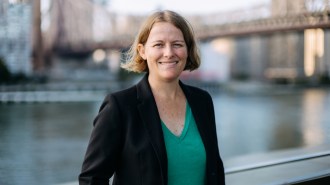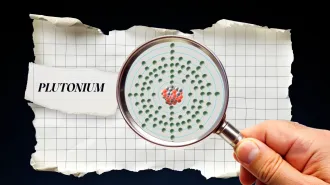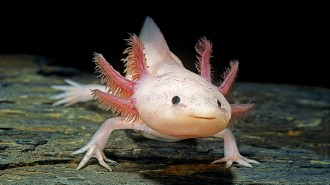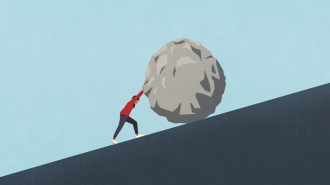
Science & Society
Autistic Barbie reminds us stories have the power to counter misinformation
Representation and rigorous science compete with the Trump administration’s false claims about autism.
Every print subscription comes with full digital access

Representation and rigorous science compete with the Trump administration’s false claims about autism.
We summarize the week's scientific breakthroughs every Thursday.

Procrastination in young adulthood is not set in stone, though change is difficult, a long-term study shows.

The chemicals are widely used for crowd control, but their long-term health risks are poorly understood.

Nicola Dell, a computer scientist studying the role of technology in intimate partner violence, cofounded the Center to End Technology Abuse.

The new guidelines emphasizes eating protein and full-fat dairy while reducing sugar, carbs and ultraprocessed foods.

Nuclear weapons haven’t been tested in the United States since 1992. Find out why, and what could happen if the hiatus ends.

Amidst a tough year for science, glimmers of joy burst through in revelations from the silly to the sublime.

Western cultural stories tend to emphasize perseverance. But science shows that knowing when to quit has a place in our success too.

There was more good health news about the COVID-19 vaccine for infants, kids and adults in December. There’s still time to get the shot this winter.

An NIH scientist’s maverick approach reveals legal, ethical, moral, scientific and social challenges to developing potentially life-saving vaccines.
Subscribers, enter your e-mail address for full access to the Science News archives and digital editions.
Not a subscriber?
Become one now.